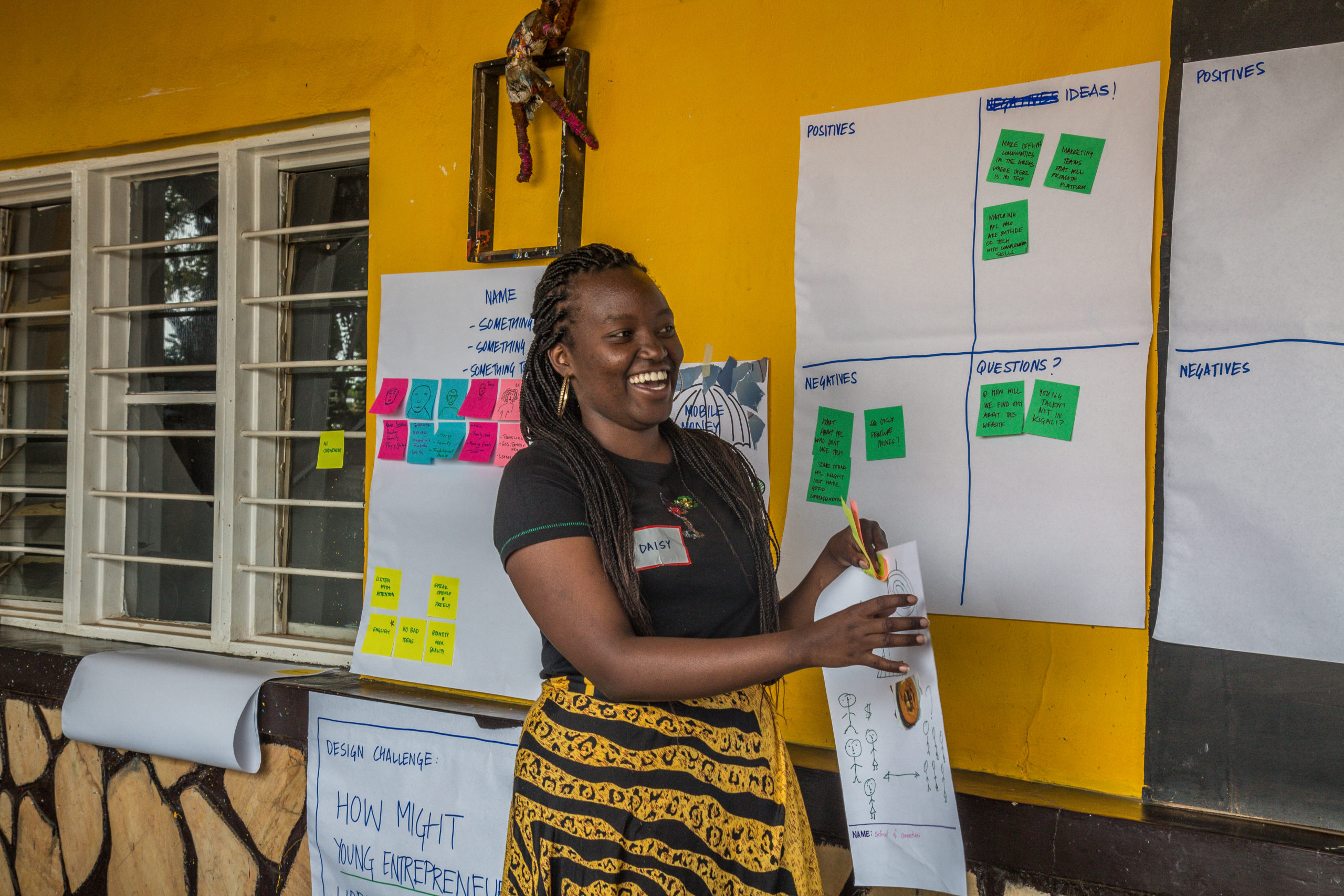Ideas to action: independent research for global prosperity
Research
Innovative, independent, peer-reviewed. Explore the latest economic research and policy proposals from CGD’s global development experts.
WORKING PAPERS
April 11, 2024
POLICY PAPERS
April 15, 2024
CGD NOTES
April 08, 2024
WORKING PAPERS
April 04, 2024
All Research
Filters:
Experts
Facet Toggle
Topics
Facet Toggle
Publication Type
Facet Toggle
Time Frame
Facet Toggle
Research
REPORTS
July 19, 2022
By charting a renewed agenda for more useful, responsive, and relevant impact evaluation that elevates the perspectives of government policymakers and other evidence users around the world, we can reinvigorate policy commitment to, and funding for, rigorous evaluation. With more and better funding,...
REPORTS
April 18, 2017
Today, an unprecedented 65 million people—including 21 million refugees—are displaced from their homes. Still, as this report points out, the challenge is manageable—if the international community is able to get its response right. This report offers key principles for closing t...
REPORTS
April 07, 2017
Millions of people face hazards like cyclones and drought every day. International aid to deal with disasters after they strike is generous, but it is unpredictable and fragmented, and it often fails to arrive when it would do the most good. We must stop treating disasters like surprises. Matching f...
REPORTS
September 14, 2015
The Report of the High Level Panel on Humanitarian Cash Transfers shows why giving aid directly in the form of cash is often a highly effective way to reduce suffering and to make limited humanitarian aid budgets go further. We urge the humanitarian community to give more aid as cash, and to make ca...
REPORTS
December 06, 2013
PEPFAR is at a critical turning point in its decade-long existence. The next US Global AIDS Coordinator is uniquely positioned to set the course for the program’s future. A change in leadership at the President’s Emergency Plan for AIDS Relief creates an opportunity to ask questions abou...
REPORTS
October 07, 2013
This report explains how Development Impact Bonds (DIBs) can increase the efficiency and effectiveness of development funding. Based on Social Impact Bonds in industrialized countries, a DIB creates a contract between private investors and donors or governments who have agreed upon a shared developm...







